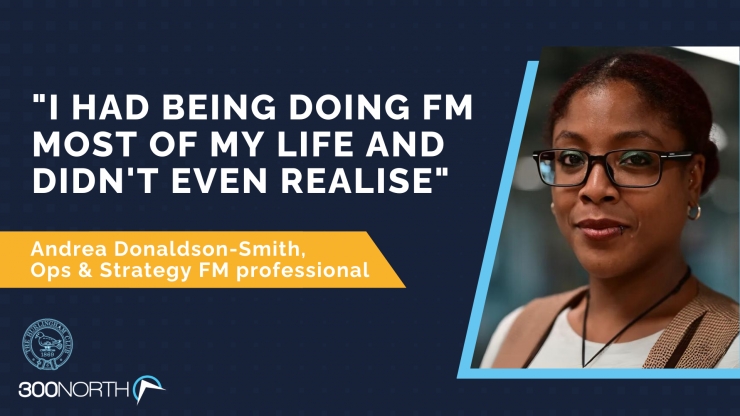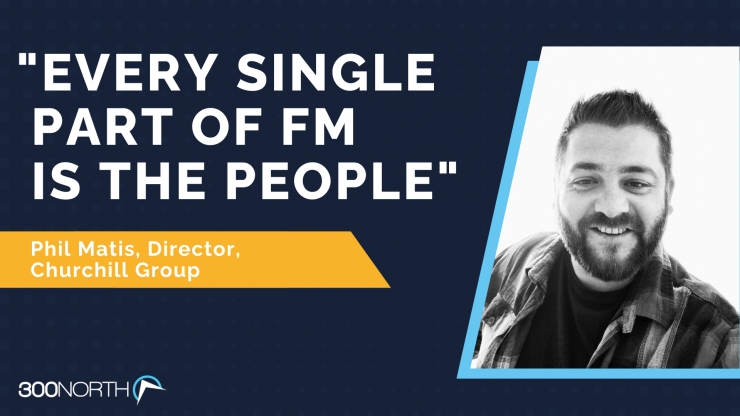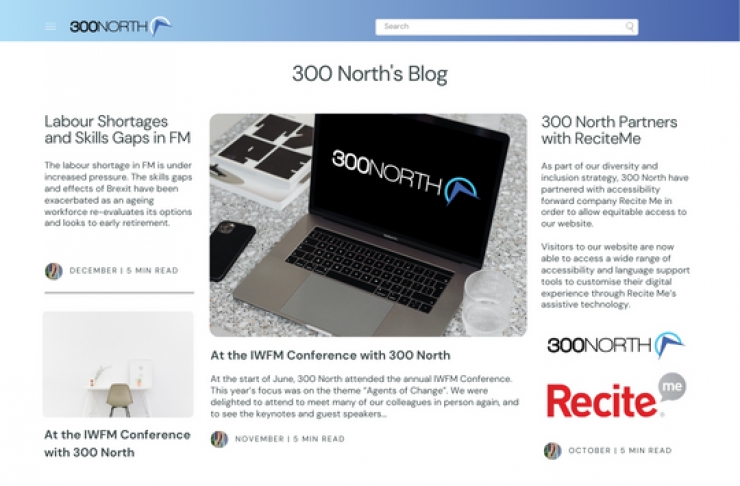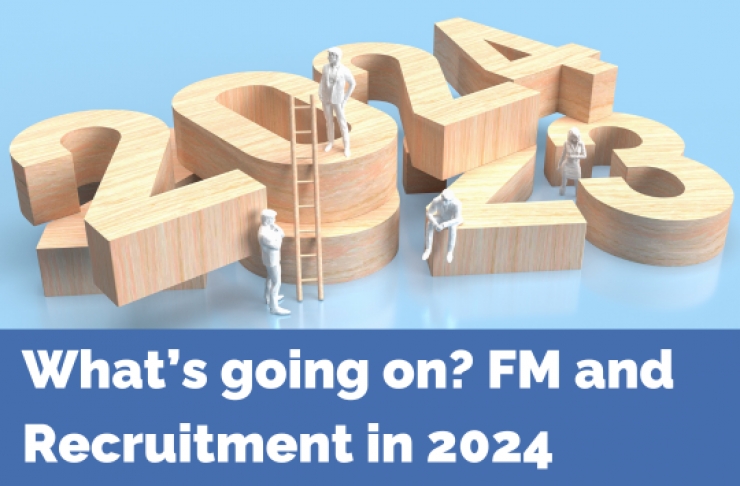FM Careers Spotlight Interview: Andrea Donaldson-Smith, Head of Soft Services, The Hurlingham Club
Over the next few months we'll be introducing an FM Spotlight series where many leading professionals in the sector will be talking to our Co-Founder & Director, Michelle Connolly. Michelle discusses how they got into FM, the projects they've worked on, and how various choices and changes have impacted their career.
Andrea Donaldson-Smith, Head of Soft Services at The Hurlingham Club kindly gave us her time to talk about her FM career.
FM Careers Spotlight Interview: Phil Matis, Director, Churchill Group
Over the next few months we'll be introducing an FM Spotlight series where many leading professionals in the sector will be talking to our Co-Founder & Director, Michelle Connolly. Michelle discusses how they got into FM, the projects they've worked on, and how various choices and changes have impacted their career.
Phil Matis, Director at Churchill Group kindly gave us his time to talk about his FM career.
Amanda Vlietstra from Premises & Facilities Management (PFM) spoke to leading FM recruitment expert Michelle Connolly about the ongoing recruitment crisis.
We work closely with media partners to create and promote thought leadership pieces for the sector. Here is some of the coverage we’ve had in the first few months of 2024.
FM Careers Spotlight Interview: Tom Page, Regional Director, VIVO Defence Services
Over the next few months we'll be introducing an FM Spotlight series where many leading professionals in the sector will be talking to our Co-Founder & Director, Michelle Connolly. Michelle discusses how they got into FM, the projects they've worked on, and how various choices and changes have impacted their career.
Tom Page, Regional Director at VIVO Defence Services kindly gave us his time to talk about his FM career.
Women make up around 21% of the FM workforce according to an IFMA survey. An IWFM survey gives a more charitable estimate for the UK sector, with a 34/66 percentage split of women to men. Regardless of the exact numbers, it is agreed that the sector is male dominated. In areas like electrical engineering and security there is even greater disparity – women make up just 1% of electricians and 11% of frontline security personnel.
The skills shortage across FM will continue to be a focus of 2024. The FM sector will grow at a faster rate than the average UK market rate, therefore any lack of talent will continue to cause constriction on this growth.
Comment from 300 North given to Facilities Management Journal for their recent article: Addressing the recruitment shortfall within FM in 2024. For further discussion on how to tackle the skills shortage in the FM sector, please visit their site.
The FM sector has continually seen stable growth despite difficult economic headwinds in recent years. In terms of recruitment and the talent shortfall we continue to see in the sector, businesses have adopted a number of strategies to bring in the talent they need. Retention is a large part of this, and this year we have seen many businesses address and improve their approach to ESG and CSR internally in order to boost employee satisfaction and engagement.
















